Toronto mayoral candidates are taking note. A new grassroots movement, led by top tech entrepreneurs, is pitching a series of bold policy directives on how to address the many malaises of Canada’s largest city, now exactly one year away from a pivotal election.
Build Toronto—not to be confused with the synonymous, long-time ineffective city agency—officially launched last month as a pilot project by “national mission-driven movement” Build Canada and held its first event last Thursday at the offices of AI customer service company Ada in downtown Toronto.
The event was attended by over 150 diverse, well-educated, and mostly young people in their 20s and 30s, the very individuals who will be left inheriting Toronto’s grim or bright future.
“People are hungry to see Toronto live up to the potential we know it has,” Build Toronto chair, Hub contributor, and financial services management consultant Eric Lombardi, 31, told an exuberant crowd. “But we haven’t been seeing it lately.”
A constant refrain of the city’s issues throughout the night, gathered from interviews with attendees, was cost of living, the housing crisis, homelessness, the city’s above-national unemployment rate of 9 percent, traffic congestion, crumbling infrastructure, the TTC’s constant delays and lack of safety, the city’s dearth of young people and young families, safe injection sites making neighbourhoods unwelcoming places, and an overall lack of vision from city leaders in plans to keep Toronto a world-class city.
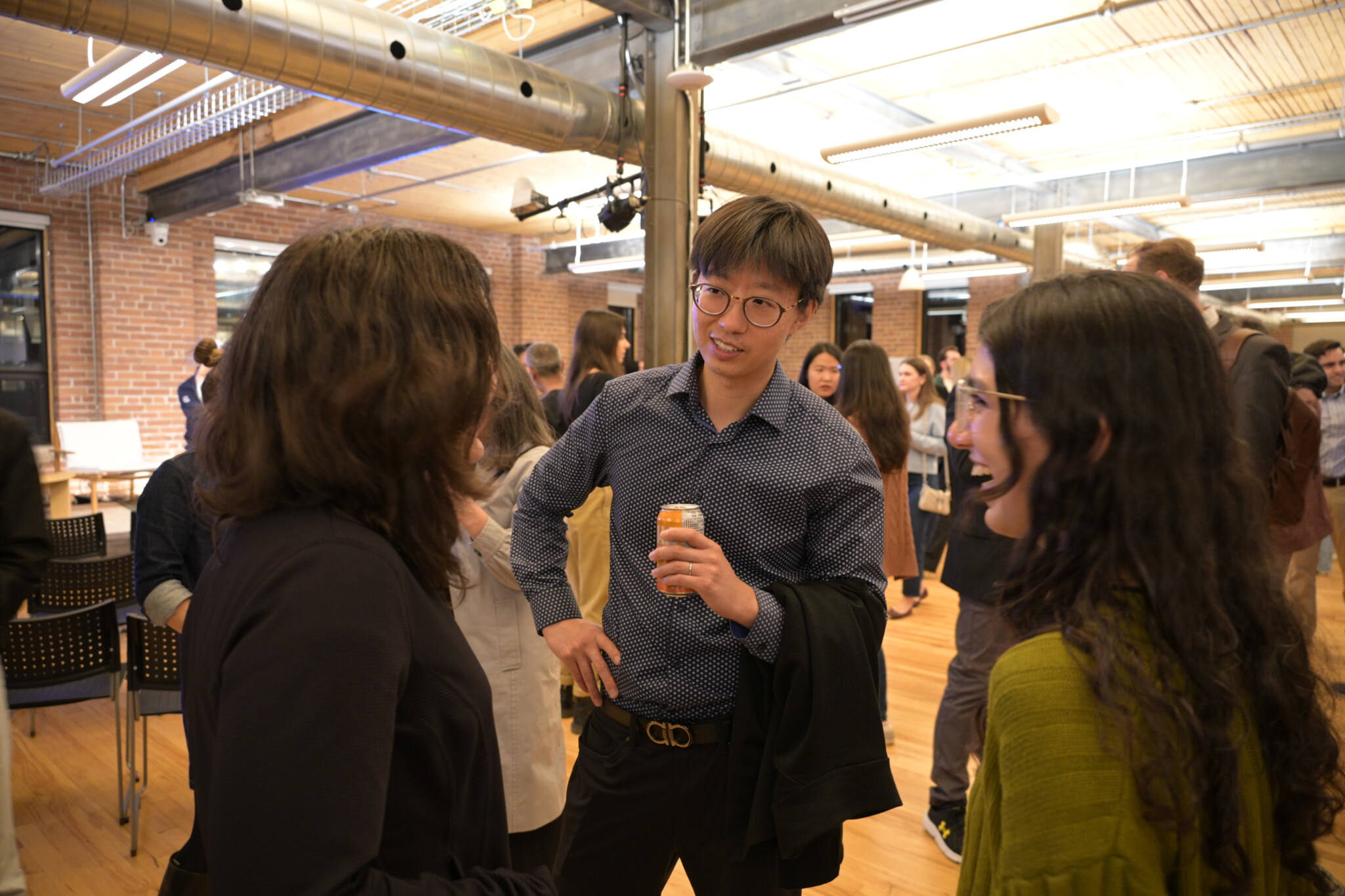
Build Toronto attendees discussing the future of the city (courtesy of Build Toronto).
But despite these dispiriting realities being top of mind, this was not a somber affair. Instead, there was an air of cheerful confidence from idealistic problem solvers who believe that big ideas could mean Toronto’s best days are ahead—and with the use of new technologies, not in the distant future either.
Alan Gertner, co-founder of Arcana (a wilderness hospitality company) and serial entrepreneur, spoke to the crowd about the inaugural Build Toronto directive he put forth that looks to arm the mayor with a new mandate, executive team, political party affiliation, and additional revenue, such as a direct share of the HST—revenue that would provide independent funding to finance major development.
Born and raised in Toronto, Gertner lived in Mountain View, California, then Singapore, Bangkok, and Tokyo. A common theme amongst many of the contributors was their experiences living abroad in major metropolises with world-class tech industries, but eventually being drawn back to Toronto with a desire to bring foreign ingenuity home.
Toronto could use it. Besides freestanding structures like the Tokyo Skytree, Canton Tower, Burj Khalifa, and Lotte World Tower all now soaring above the CN Tower since the last time the Blue Jays were in the World Series, world-class cities like Tokyo, Singapore, Shanghai, and Seoul put Toronto to shame on ground-level and below ground too, with their efficient, safe, and reliable transit systems.
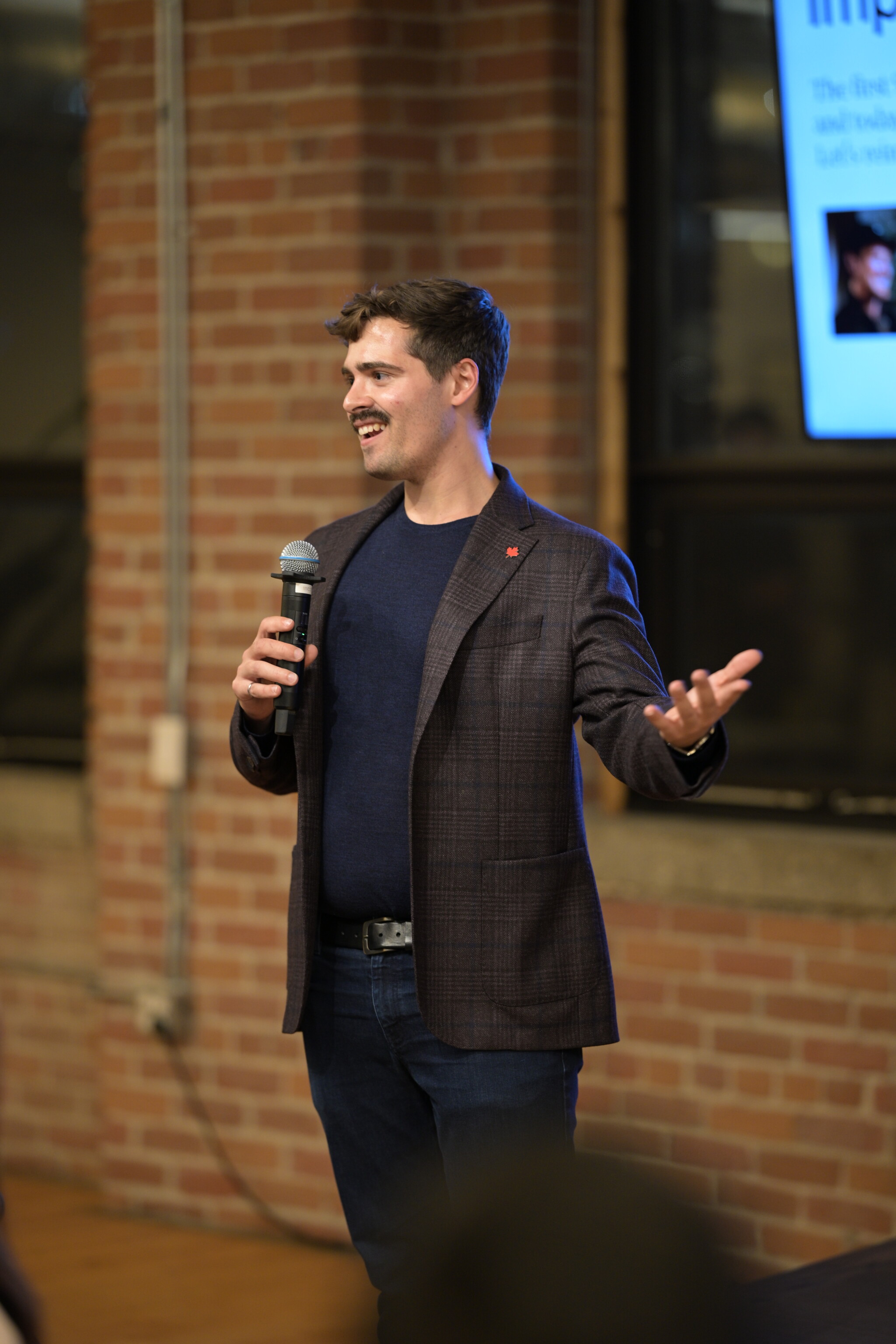
Eric Lombardi giving a speech at Build Toronto’s inaugural event (courtesy of Build Toronto).
As any Torontonian with a long commute can attest, daily delays have become the norm. On-time performance of subway Line 1 is consistently below 85 percent in 2025, and bus and streetcar reliability are far worse. It’s gotten so bad that the Toronto Star is running a series on the worst public transit commutes.
Instead of bandaid solutions like Mayor Olivia Chow’s plan for improving subway arrival times by simply boosting resources back to pre-pandemic levels, another Build Toronto policy memo—written by food waste reduction company Flashflood’s founder Josh Domingues—proposes that by 2030 “Toronto will complete automation of the TTC subway system, with platform screen doors installed at all stations and trains operating safely without drivers—delivering faster, more reliable service and saving lives.”
While bold, the practicality of such a proposal is put into question by the hard reality of sluggish construction projects—like the seemingly neverendingly delayed Eglinton Crosstown LRT—and the astronomical added costs: in this case, Domingues’ proposal includes what the TTC projects would cost $4.1 billion for platform-edge safety doors. Add to that convincing one of the most powerful municipal unions in Canada that many of its members should be replaced by machines.
Both Build Toronto and Build Canada have been criticized for having too much of a Silicon Valley business tech-libertarian bent, valuing digital advances over civic priorities.
Nevertheless, they are not deterred, determined to break free of the inertia they see holding back technological innovation that could fuel major economic progress for Canadians and Torontonians.
“We’re sponsored by some of Canada’s leading entrepreneurs…people who have real-world experience, building and scaling large companies,” Build Canada CEO Lucy Hargreaves explained to the crowd on Thursday. “[Build Toronto] has the same thesis…that we can put out big, bold, actionable ideas to make Toronto a better city.”
Some of the ideas, at least in part, could soon be put into practice. In the case of Build Canada, their parent organization, which was founded as a non-profit at the start of 2025 to put forth policy ideas in the lead-up to the federal election, Hargreaves, an advisory board chair at carbon-capture firm Patch and a former senior staffer in the Liberal government, disclosed that both the Conservatives and Liberals contacted the organization “to engage with these ideas.”
Build Canada, including its Build Toronto chapter, is also actively launching campus clubs, meetups, BBQs, pub nights, and reading groups. So far, the national group has over 2,000 members, and Hargreaves says there’s a 10 to 15 percent week-over-week growth, primarily from the 18 to 30 demographic.
At least one mayoral contender is taking note. Declared 2026 mayoral candidate and current city councillor Brad Bradford attended Build Toronto’s inaugural event.
“We want to raise the level of debate, bring forward ideas that cross the political spectrum, and give every mayoral candidate in 2026…strong proposals they can champion,” Lombardi said when announcing the group.
Hargreaves told The Hub that Build Toronto won’t be endorsing any candidates, but will instead try to elevate the policy agenda for the 2026 Toronto municipal election, and that Canadians are motivated.
“There’s a huge appetite for people to get together in person in a non-partisan way to talk about actionable, visionary ideas to move the country forward, and in this case, move Toronto forward.”
Build Toronto proposes automating the TTC subway. What are the potential benefits and challenges of this ambitious plan?
Build Toronto's tech-centric approach has drawn criticism. How might this 'Silicon Valley' bent impact civic priorities in Toronto?
Build Toronto aims to elevate the policy agenda for the 2026 election. How could this non-partisan movement influence mayoral candidates and the city's future?
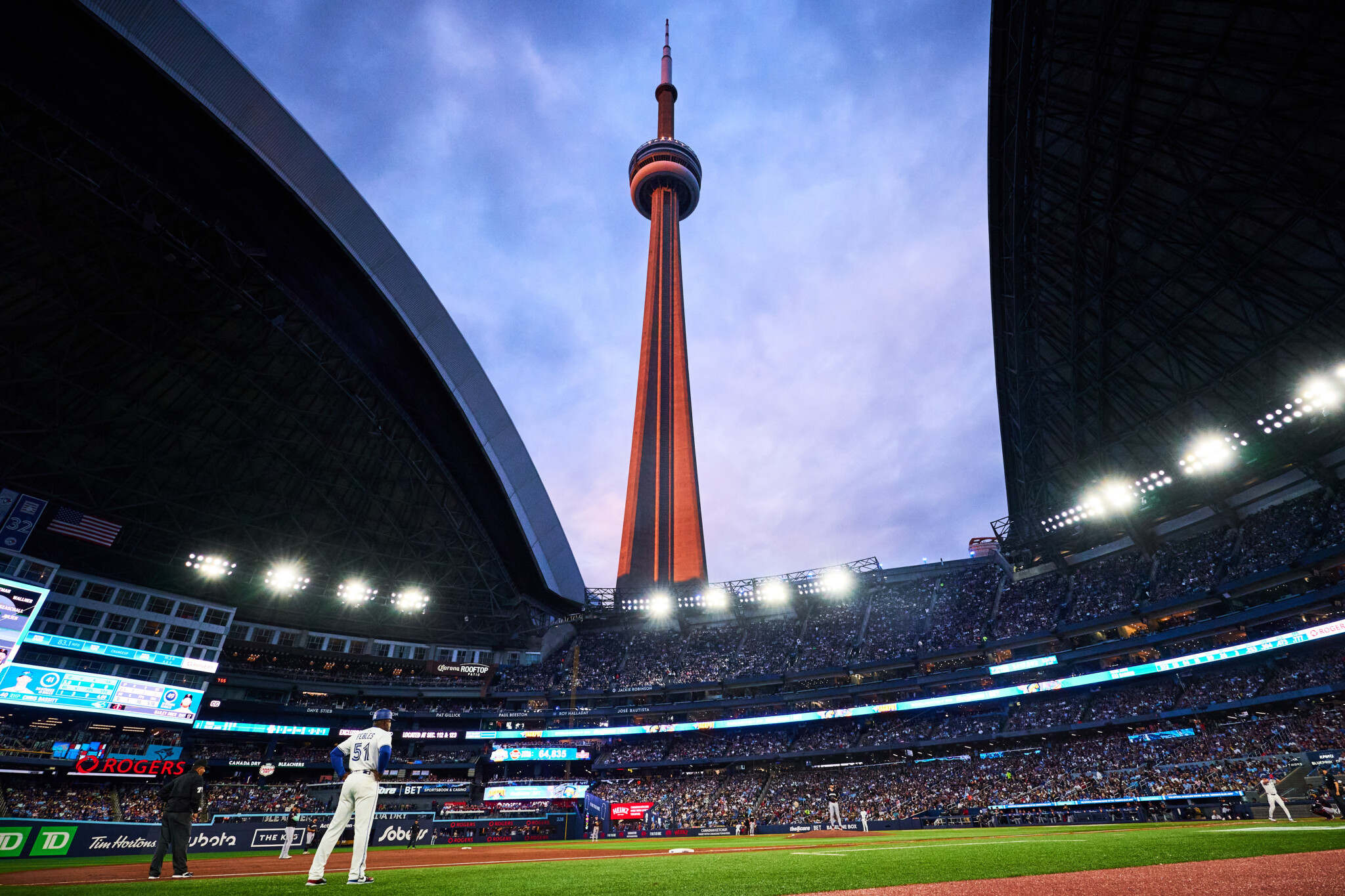



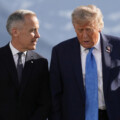
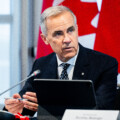
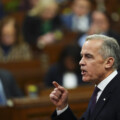

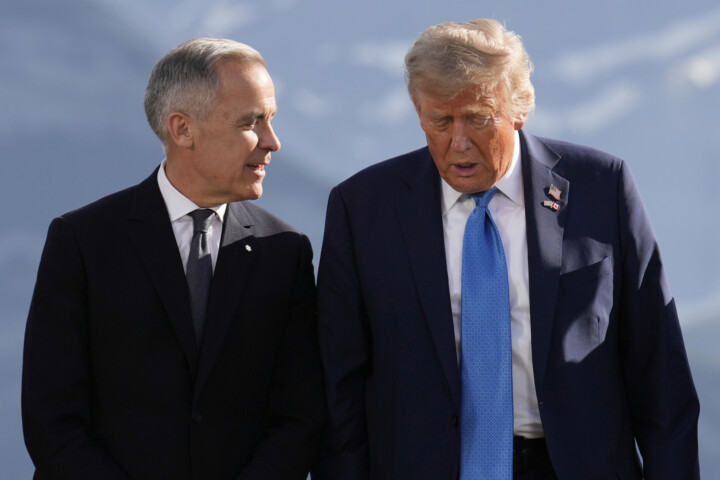

Comments (1)
Toronto should get the private sector involved. In Hong Kong, a city that enjoys an amazing subway system, getting a commercial building permit means low development fees but a commitment to build–and shoulder the cost–of new public transit extensions. Toronto should consider this along with other projects that would benefit the city ie. including more green space or the installation of benches on city streets.